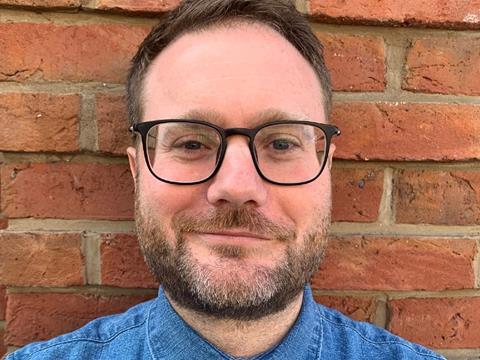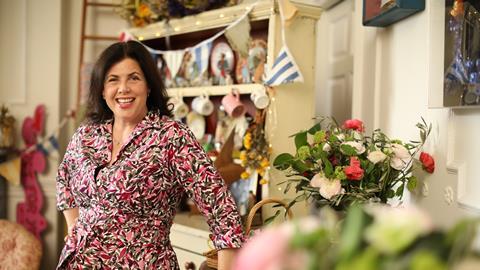The reasons for privatisation don’t stack up commercially and it is up to the industry to make that point
Just three weeks into our Not 4 Sale campaign, the battle is set – and it is already feeling very tense. When Broadcast initially reached out to the indie sector to seek support for our crusade against the privatisation of Channel 4, the reaction was mixed and characterised by the views of two of the best-known figures in the production community.
One was energised and militant: “This is so important – let’s go to war.”
The other was quick to sign up, but downbeat and pragmatic: “Sadly, the issue is going to be ‘what’s the best form of privatisation’. The government wants this to happen and has the support in Parliament to push it through.”
“The best prospect of shifting the odds comes from appealing to the Tories’ traditional stance of backing business and entrepreneurialism”
Our analysis of the political landscape illustrates why it’s easy to arrive at this view. The DCMS’s mind seems set, convincing 40 Tory MPs to rebel seems a stretch, and the nuances of C4 ownership do not resonate with the general public as effectively as the prospect of the BBC being crippled by a dramatic reduction in the licence fee.
Yet the fight is far from lost, and the best prospect of shifting the odds comes from appealing to the Tories’ traditional stance of backing business and entrepreneurialism.
C4 is more likely to chime with Conservative MPs as a creator of wealth for UK SMEs than as a valuable contributor to British cultural life.
There is so much that doesn’t seem to stack up commercially. The consultation indicates a privately owned C4 would lead to more jobs, though not how it arrived at that conclusion. Any merger with another trade player, especially a British one (which is increasingly being mooted) would be motivated in part by savings and synergies. That means cuts, rather than new roles.
And culture secretary Oliver Dowden has seemed to suggest that C4 and the terms of trade have done their job and, after helping create many production companies of scale, can both now be revised.
But why stop something that is a proven success? C4 can be influential in growing the next All3Media or Banijay, and the principle of IP ownership by IP creators is just as fundamental to the PSB debate as the ownership model of C4.
There are plenty of dissenting voices from all over the industry. Presenter
Kirstie Allsopp is aghast. She is well-known as both key C4 talent and for being, in her words, “naturally conservative leaning”, and considers privatisation to be a betrayal.
“I stood outside St Paul’s when Margaret Thatcher’s coffin went by, and she would be spinning in her grave if she knew what this government was intending to do. Because C4 produces money, it produces jobs, it fosters talent, it brings out the best in people, and it’s very British,” she told Broadcast.

Cardiff Productions’ Pat Younge keenly noted that Ofcom is about to embark on a six-month review of the market impact of BBC3 returning as a linear channel, yet no such evidence has been produced or considered ahead of the government indicating its preferred option for C4’s future. BBC3 is a £60m channel, Channel 4 a £1bn enterprise. Something doesn’t add up.
It is important to keep banging the drum over the sleepy summer weeks of the consultation, because time is tight. After an autumn white paper, a bill that could initiate privatisation is slated for 2022. That bill could well contain a significant update on prominence, helping provide PSBs with a position in the digital environment that allows them to thrive for many years to come.
This is something C4 has been campaigning hard for. Let’s hope guaranteed prominence can be harnessed by a publicly owned C4, with a strong PSB remit and a commitment to the publisher-broadcaster model, rather than being a perk for a new owner that wants to move away from what makes the broadcaster distinctive.
If you’ve got a view on C4’s future, now is the time to let DCMS, and especially your local MP, know.
Chris Curtis is the editor in chief of Broadcast

Broadcast’s Not 4 Sale anti-privatisation campaign has attracted signatories from 160 indie bosses, along with a clutch of industry-wide organisations.
If you would like to join email not4sale@broadcastnow.co.uk indicating whether you are joining in a personal capacity or signing up your business, to enable Broadcast to highlight each area when publishiIng the results.

































No comments yet